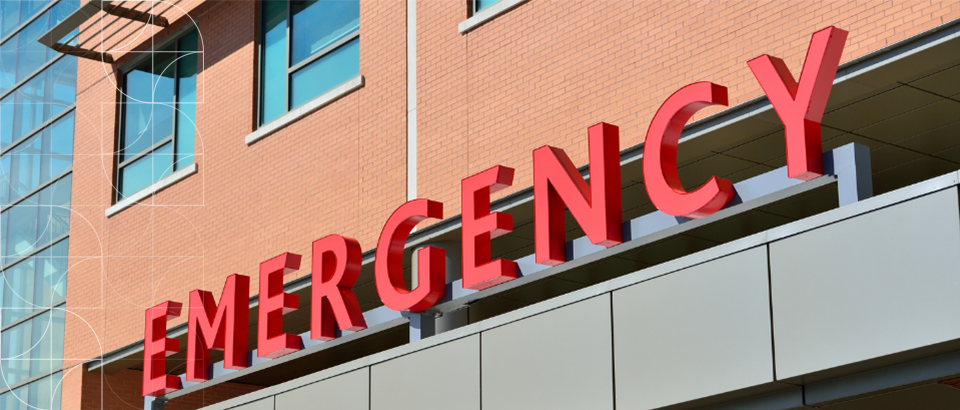Responding to a workplace accident

Responding to a workplace accident
Thursday 23 November, 2017
It is important to have a plan in place outlining how you will respond to a workplace accident in order to balance the need to satisfy your responsibilities under the Health and Safety at Work Act 2015 (‘the Act’) and the need to protect your interests in the event of a prosecution.
Before an accident occurs
Before an accident occurs, you should have in place:
1. An accident management plan, including:
a. Emergency response for the immediate aftermath;
b. Responsibility for managing an investigation and interacting with WorkSafe and external communications;
c. Process for conducting an investigation; and
d. Mechanisms to ensure appropriate support for staff; and
2. A protocol for dealing with WorkSafe, including:
a. Inducting the inspector onto site;
b. Making a staff member available to accompany the inspector on site visits; and
c. A process for the inspector to request and receive documents and other information.
After an accident occurs
Other than tending to the victim and securing the scene, the steps you should take after the occurrence of a workplace accident are:
- If you are an employee, notify the PCBU (this will most likely be your employer);
- Notify WorkSafe;
- If you are a PCBU, you should notify your insurer;
- Seek legal advice as soon as possible; and
- Cooperate with WorkSafe’s investigation.
Notify PCBU and WorkSafe
You should notify the PCBU as soon as possible so they can manage the response and procedure that follows.
The Act provides that the PCBU must, as soon as possible after becoming aware that a notifiable event arising out of the conduct of the business or undertaking has occurred, ensure that WorkSafe is notified of the event. A notifiable event means any of the following events that arise from work:
- The death of a person;
- A notifiable injury or illness, including:
- any injury or illness that requires the person to have immediate treatment (other than first aid), such as amputation, serious head or eye injuries, serious burns, separation of skin from underlying tissue, spinal injury, loss of bodily function, or serious lacerations;
- an injury or illness that requires, or would usually require, the person to be admitted to hospital for immediate treatment, or to have medical treatment within 48 hours of exposure to a substance; and
- any serious infection to which the carrying out of work is a significant contributing factor.
- A notifiable incident, which means an unplanned or uncontrolled incident in relation to a workplace that exposes a worker or any other person to a serious risk to that person's health or safety, arising from an immediate or imminent exposure to things such as:
- an escape, a spillage or a leakage of a substance;
- an implosion, explosion or fire;
- an electric shock;
- the fall or release from a height of any plant, substance or thing;
- the collapse or partial collapse of a structure; or
- the inrush of water, mud or gas in workings in an underground excavation or tunnel.
If the PCBU does not notify WorkSafe of the accident as soon as possible, he or she could be liable to a fine not exceeding $10,000.
Once WorkSafe has been notified, it can enter the workplace at any reasonable time and –
- conduct examinations, tests, inquiries and inspections, or direct a PCBU or a person who is or appears to be in charge of the workplace to conduct examinations, tests, inquiries or inspections;
- be accompanied and assisted by any other person and bring into the workplace any equipment necessary to carry out the inspector's functions;
- take photographs and measurements and make sketches and recordings;
- require the PCBU or a person who is or appears to be in charge of the workplace to ensure that the workplace, or any place or thing in the workplace specified by the inspector, is not disturbed for a reasonable period pending examination, test, inquiry or inspection;
- require the PCBU or a person who is or appears to be in charge of the workplace to—
- produce information relating to the work, the workplace or the workers who work there;
- produce information relating to the PCBU's compliance with relevant health and safety legislation;
- permit the inspector to examine and make copies of, or take extracts from, the information; and
- make or provide statements in any form and manner that the inspector specifies.
Seek legal advice as soon as possible
It is important to seek legal advice as soon as possible in order to preserve your position in the event that WorkSafe prosecutes. Your legal advisor can:
- Assess the risk of prosecution;
- Put in place measures that will protect you against having to disclose potentially incriminating information to WorkSafe; and
- Ensure you are meeting your obligations under the Act in response to the accident.
Assist WorkSafe with investigation
The Act imposes an obligation on any person on whom a duty is imposed by relevant health and safety legislation to give reasonable assistance to a WorkSafe inspector to enable the inspector to undertake an investigation or otherwise exercise his/her role. It will be an offence under the Act to do anything to hinder or obstruct an inspector (or cause or attempt to cause anyone else to do so) without reasonable excuse.
You should also advise your employees of their rights and obligations in the event that the inspector wishes to obtain a statement or conduct an interview with them. Worksafe inspectors have the power to require a representative from the business or undertaking to attend an interview and provide a statement. However, WorkSafe cannot compel employees or other witnesses to attend an interview; this is voluntary. If employees or other witnesses do agree to attend an interview, they are entitled to have a support person present.
Please contact Mark Hammond if you want to learn more about the issues discussed in this article.




